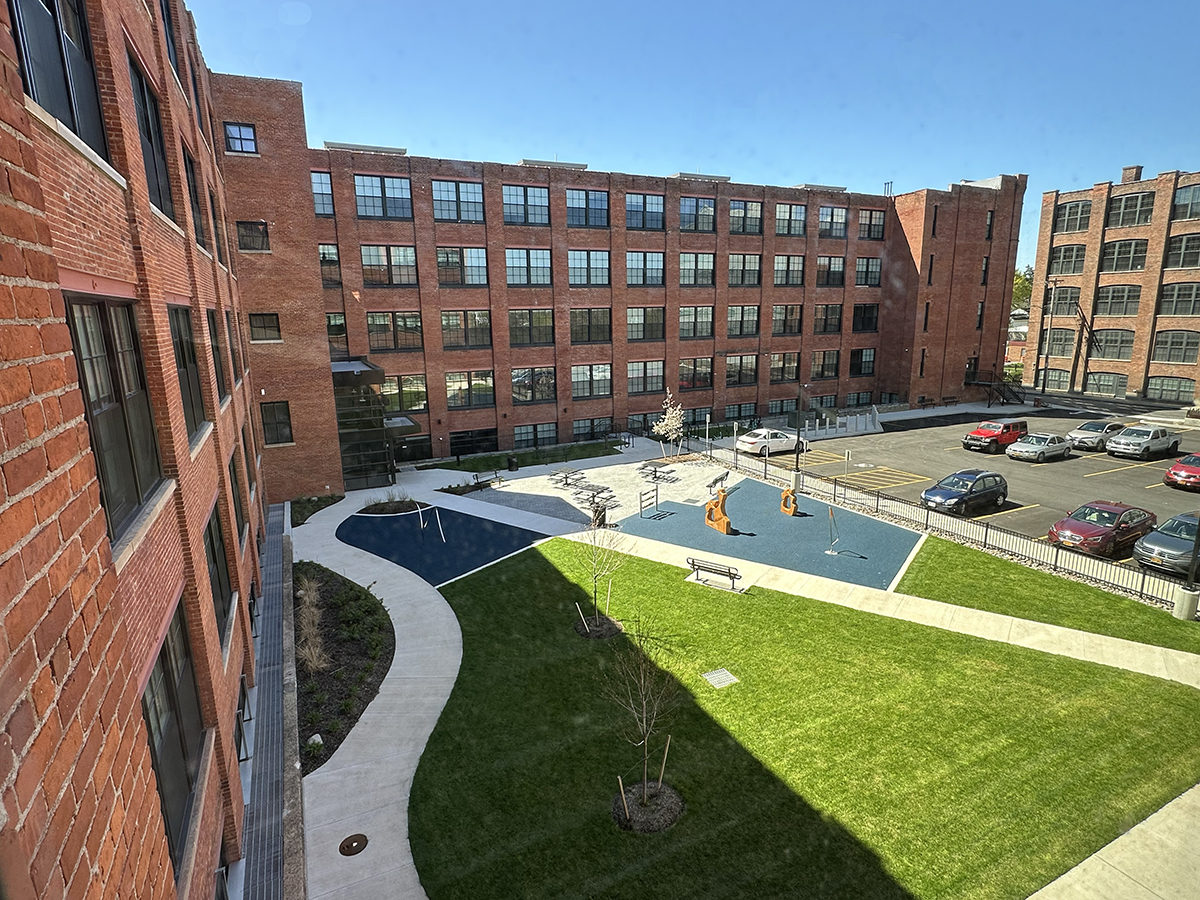Securing Multi-Dwelling Unit Internet Data Flow Through Strong Encryption Protocols for Safeguard End-User Privacy as well as Information Integrity
Securing Multi-Dwelling Unit Internet Data Flow Through Strong Encryption Protocols for Safeguard End-User Privacy as well as Information Integrity
Blog Article
In today’s digital landscape, securing internet data is more important than ever before, especially in Multi-Unit Units (MDUs) like flat buildings and condo settings. These settings often have numerous residents utilizing the same web connection, which can result to possible security risks. To ensure that residents' confidentiality and data security are maintained, it is vital to implement robust coding protocols. Data encryption is a method that encodes data, rendering it inaccessible to anyone who do not have the correct credentials to decode it. This procedure helps maintain personal data secure from hackers and unauthorized access.
One of the widely commonly used encryption protocols is SSL Socket Layer (SSL) and its replacement, Transport Security (TLS). Such protocols create a secure link between a resident's device and the internet, guaranteeing that all information exchanged remains private. When tenants in an MDU access websites that utilize SSL/TLS, their private information, such as login credentials and payment billing numbers, is encrypted. This means that although when someone attempts to capture the data, they would only see a mess of characters and digits, rendering it almost unfeasible to understand. By encouraging the adoption of these protocols, MDUs can greatly improve the security of their residents' online actions.
A further crucial encryption technique is Virtual Secure Tunnel (VPN) solutions. A VPN establishes a secure tunnel for internet data, which safeguards individuals from invasive eyes, especially when using public wireless connections. In an MDU, in which many residents may link to the identical service, employing a VPN can assist ensure that individual web actions remain private. This is particularly crucial for tasks including internet transactions or retrieving confidential information. By promoting the use of VPNs among residents, MDUs can foster a safer online environment and help protect against data breaches.
Alongside such coding techniques, it is vital for MDUs to educate their tenants about the significance of online mdu user authentication protocols security. Many people may not be conscious of the threats linked with using shared internet services. Providing information on how to recognize phishing attempts, the necessity of strong passwords, and the advantages of employing encrypted websites can enable tenants to take control of their internet security. Workshops or informational sessions can be beneficial ways to increase knowledge and encourage best practices for online security.
Finally, MDUs should consider collaborating with web service providers (ISPs) that emphasize safety and offer enhanced coding options. By collaborating with ISPs that implement strong coding standards, MDUs can ensure that their tenants have availability to secure web connections. This collaboration can lead to enhanced overall security for the whole complex, as well as increased trust among tenants. By implementing these measures, MDUs can create a safer online environment, safeguarding user privacy and information integrity in an ever more interconnected world.